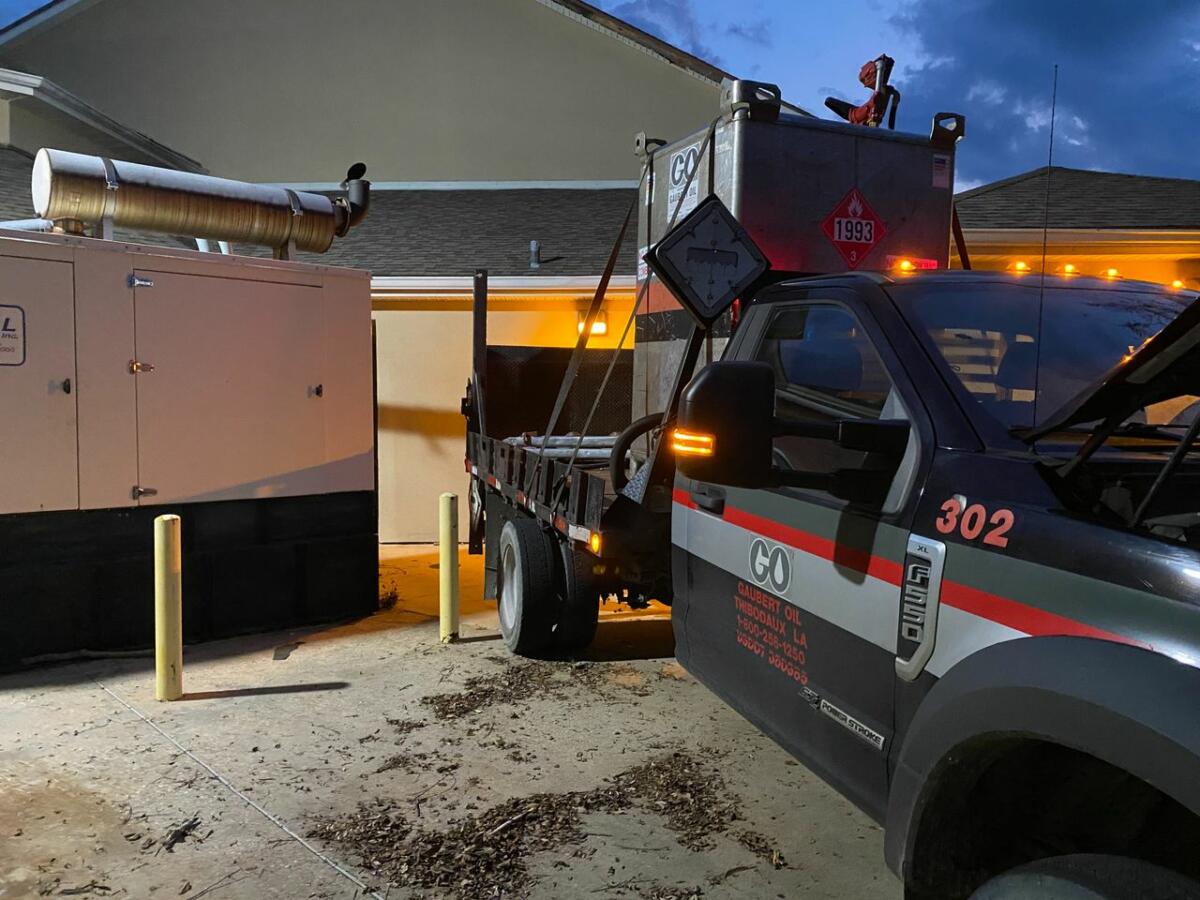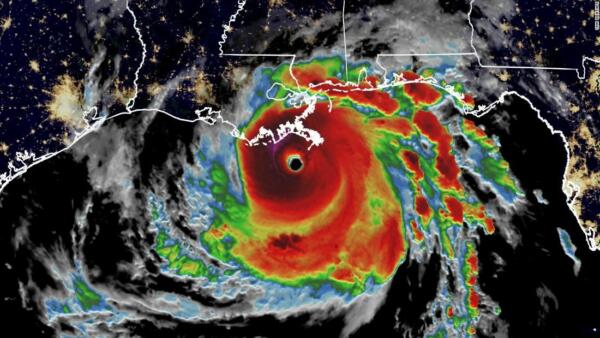Emergencies can strike at any time, posing significant challenges to businesses. Having a well-thought-out emergency response plan is essential to ensure continuity and protect your employees, assets, and operations. One critical aspect of such a plan is securing a reliable emergency fueling provider to meet your business’s fuel requirements during crises. In this blog, we’ll guide you through the process of selecting the right fuel provider to support your emergency response plan.
Identifying Your Fueling Needs During Emergencies
Before you start searching for a fuel provider, it’s essential to assess your business’s specific fuel needs during emergencies. Identify your critical equipment and systems that rely on fuel, such as backup generators, pumps, tanks, and emergency vehicles. Estimate the quantity and types of fuel needed for different scenarios, considering factors like the duration of the emergency and the scale of operations. Knowing the necessary fuel type and quantity will help you determine if the provider can meet your storage requirements.
Choosing the Right Fuel Provider
Researching and identifying reputable fuel providers is the first step in your selection process. Look for companies with experience in providing emergency fuel services and a proven track record of meeting fuel demands during crises. Review the types of products they can provide that can be useful during an emergency, such as gasoline, diesel, and potable water. Ensure that the providers comply with safety and environmental regulations to avoid any potential liabilities. If possible, evaluate their response time and availability during emergencies, as quick access to fuel can be crucial in critical situations.
Importance of Fuel Quality, Reliability, and Testing
Fuel quality is of utmost importance, especially during emergencies when the proper functioning of your equipment is critical. Inquire about the fuel provider’s sourcing and storage practices to guarantee the fuel’s reliability. Ensure your provider has a maintenance program where they routinely test the fuel in the generator or storage tank and are able to treat the fuel to bring it back to spec if needed.
Considering Logistics and Delivery Options
Efficient logistics and delivery are essential factors when choosing a fuel provider for emergencies. Analyze the provider’s delivery capabilities and infrastructure to ensure they can reach your locations promptly. Review their delivery response time and coverage area to understand how well they can support your operations during a crisis. Inquire about their emergency delivery procedures and protocols to ensure a smooth process during critical times. If your business requires on-site fueling services, only consider providers who offer this option.
Contract Terms and Pricing
Having a contracted fuel provider in place is a critical step in ensuring that your business will have the fuel it needs to keep its operations running without having to pay a hefty premium. Review the terms and conditions of fuel supply contracts to ensure they align with your business needs and emergency response plan. Negotiate flexible contract terms to better accommodate potential fluctuations in fuel demands during different crises. Clarify the pricing structure and look for options to lock in fuel prices during emergencies to mitigate price volatility.
Additional Services and Support
Apart from fuel supply, inquire about additional emergency services provided by the fuel supplier. Some providers may offer other services, such as equipment maintenance and repair services, emergency generator fuel testing, potable water delivery, emergency fleet fueling, and even off-site fuel tank storage retainers that secure your dedicated emergency fuel year-round. Evaluate their customer support and communication channels, as clear and efficient communication is vital in emergency situations. Check if they offer 24/7 emergency support to ensure assistance whenever you need it.
Considering Customer Reviews and References
Customer reviews and testimonials can provide valuable insights into a fuel provider’s performance and reliability. Research what current or previous clients say about their experiences with the company. Request references from the providers and contact them to gather honest feedback about the provider’s services.
Making an Informed Decision
After gathering all the necessary information and evaluating potential fuel providers, weigh the pros and cons of each option. Prioritize reliability, safety, and responsiveness in your decision-making process. Consider the long-term potential of the partnership and whether the provider can scale their services to meet your future needs. Make an informed decision and initiate the contract process with the selected fuel provider.
Selecting the right emergency response fuel provider for your business’ emergency response plan is a critical step in ensuring business continuity during crises. By assessing your fuel requirements, evaluating potential providers, and ensuring fuel quality and reliability, you can make an informed decision and have peace of mind that your business will have fuel when you need it. Consider logistics, contract terms, additional services, and customer reviews to choose a fuel provider that aligns with your business goals and values. Remember, preparedness is key to safeguarding your business during emergencies, and a reliable fuel provider plays a significant role in that preparedness.

